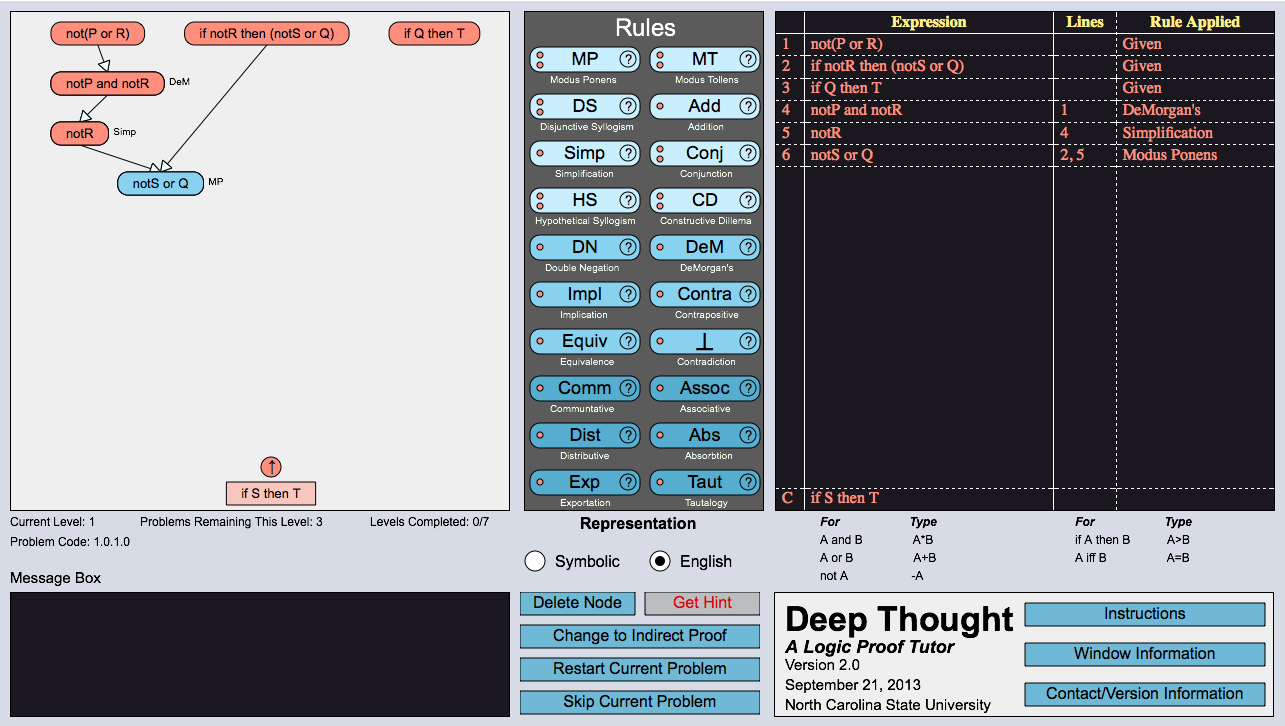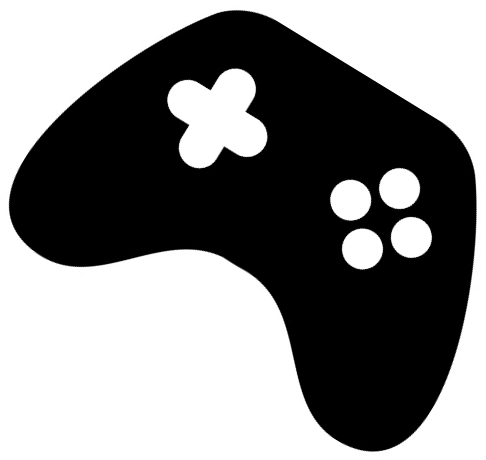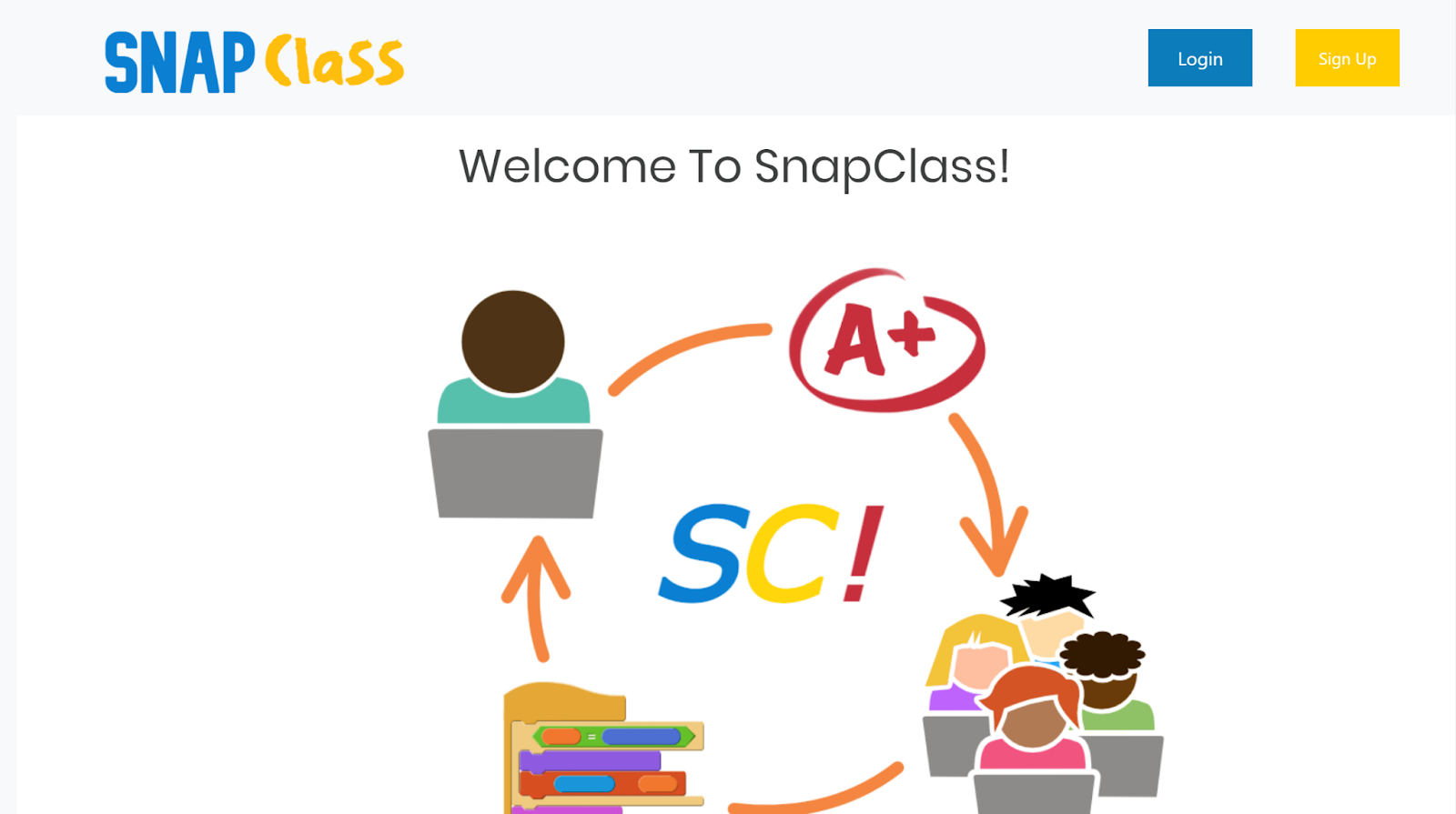Data-driven Intelligent Tutoring Systems |
||||||
 |
Deep Thought
Deep Thought is an intelligent tutor for the practice of solving deductive logic proof problems in graphical representation displaying the proofs as logical premises, with buttons for logical rules that can be applied to selected premises and derived expressions, and a logical conclusion as the goal of the problem. We have been incrementally augmenting the Deep Thought logic tutor with data-driven methods for formative feedback and hint generation, problem selection, and worked examples to improve student learning of logic proof solving and reduce tutor dropout. Our long-term goal is an intelligent tutor for logic-proof construction that is fully data-driven and can adapt to students' learning logic with varying curricular requirements without the need for further expert input. Try it Out |
Contact Information:
|
||||
 |
Generalizing Data-Driven Technologies to Improve Individualized STEM Instruction by Intelligent Tutors
This project will develop generalizable data-driven tools that addresses the conceptually and practically complex activity of constructing adaptive support for individualized learning in STEM domains. Supported by NSF Generalizing Data-Driven Technologies to Improve Individualized STEM Instruction by Intelligent TutorsAward Amount:$1,999,578 Start/End Dates:08/15/2020 - 07/31/2025 Award Number:1726550 |
Contact Information:
|
||||
Computer Science Education |
||||||
 |
SnapClass
SnapClass is a research and learning management platform for the block-based programming language, Snap!. Students can program and submit their assignments in SnapClass and teachers can assign, create rubrics, and grade within the environment. Through participatory design with K12 instructors, SnapClass will meet the educational needs of both students and teachers learning computational thinking in their classrooms. Supported by NSF DRK12 Collaborative Research: Empowering Teachers to Integrate Computational Thinking into Middle School ClassroomsAward Amount: $1,690,107 Start Date: August 15, 2024 Award Number:2405854 |
Contact Information:
|
||||
| Beauty and Joy of Computing
The Beauty and Joy of Computing (BJC) is an introductory computer science curriculum for AP CS Principles, a course developed by the College Board and the National Science Foundation. This course teaches students how to transform ideas into code using SNAP! (based on Scratch), one of the friendliest programming languages ever invented. But this course is far more than just learning to program. We focus on some of the "Big Ideas" of computing, such as abstraction, design, recursion, concurrency, simulations, and the limits of computation. We show some beautiful applications of computing that have changed the world, talk about the history of computing, and where it will go in the future. Supported by NSF Track 2: CS10K: BJC-STARS: Scaling CS Principles through STARS community & leadership developmentAward Amount:$599,999 Start Date:10/01/2015 Award Number:1542922 More about it | Contact Information: Marnie Hill mehill6@ncsu.edu | |||||
 |
Moodle Analytics and Dashboards Supported by DELTA
With DELTA at NCSU, we are experimenting with Moodle Analytics and intelligent dashboards to display important information for instructors in Moodle. We hope that these data visualizations and analyses will help instructors with student interventions, leading to better student course outcomes. |
Contact Information:
|
||||
 |
Nudges
This project aims to serve the national interest in high-quality STEM education by studying an intervention designed to improve persistence of women in computer science. Engaging all people in learning about STEM, particularly computer science, is important for innovation, global competitiveness, and preparation for future careers that increasingly rely on computing. Women occupy just 28% of STEM jobs and account for only 17% of computer science majors and 21% of engineering majors. These differences in career choices arise partially from gender differences in self-assessment of STEM ability. This project will test whether educational institutions can use a simple intervention to increase the persistence of women in computer science. This intervention consists of email messages to students in introductory computer science courses. The messages contain contextual information about the student’s performance in class and encouragement regarding their effort and potential. Supported by NSF Analysis of a Simple, Low-cost Intervention's Impact on Retention of Women in Computer ScienceAward Amount:$174,938 Start Date:07/01/2020 Award Number:2021330 |
Contact Information:
|
||||
 |
LLMs in Computing Education
We are currently working on a few projects related to LLMs (particularly ChatGPT) in computing education spaces.
This project consists of a series of workshops directed at K-12 teachers on how LLMs work, how they can be used in the classroom by students and teachers, and how to create an LLM-focused teaching lesson for students. These workshops have been run with RETs and Kenan Fellows. This project is a systematic literature review of LLMs in computing education, which is an increasingly researched area. We are aiming to find identified strengths and weaknesses of these tools in the classroom, as well as advantages and disadvantages in their use. This project entails interview studies to understand LLM usage among various computing professionals. At present, we have focused on interviewing professional, full-time software developers on how they use LLMs in their work, as well as analyzing the results. We intend to use these results to find best practices for students learning to program, as well as to understand how other groups (e.g., students) use these tools. |
Contact Information:
|
||||
 |
ChatLearn
The goal of ChatLearn is to help people discover evidence-based information about their health conditions. By leveraging Large Language Models (LLMs) and Retrieval-Augmented Generation (RAG), the platform will provide users with the latest findings from medical journals. ChatLearn will offer tailored nudges and advice based on each user’s unique health profile and cognitive behavioral theory. Additionally, it will guide users in gradually adopting new habits to better manage their health. |
Contact Information:
|
||||
Diversity, Equity, and Inclusion |
||||||
| STARS @ NCSU
The STARS (Students and Technology in Academia, Research, and Service) student organization at NC State University provides opportunities for undergraduate and graduate students to work together alongside NCSU faculty and staff on meaningful projects including research, community service, and outreach activities throughout the Triangle area. The STARS student organization is part of the STARS Computing Corps, a multi-institutional alliance with a mission to increase participation of students from underrepresented groups, and students with disabilities, in the discipline of computer science. We emphasize activities that both increase our university students' sense of identity within the computing discipline, and those that are likely to bring more students into the discipline in the future. Each month, members from the STARS organization host workshops for 2 concurrent FLAMES high school outreach programs (one within the MSEN program) and 2 concurrent SPARCS middle school outreach programs (one within the MSEN program). These workshops reach roughly 100 North Carolina students each semester. These outreach programs provide an opportunity for members to inspire young students to pursue computer science. In addition to these workshops, we partner with local schools and organizations (such as the Raleigh Police Youth and Family Services) for special community outreach events throughout the year including Hour of Code activities, lab tours, and panel discussions about participation in computer science. Learn more about STARS at NCSULearn more STARS nationally |
Contact Information:
|
|||||
| STARS Research
The STARS Computing Corps is a national alliance with a mission to broaden participation of underrepresented groups in computing within institutions of higher education and consists of several initiatives. In particular, STARS aims to increase computing persistence and promote career advancement for undergraduates, graduate students, and faculty, with a focus on addressing systemic and social barriers faced by those from underrepresented groups in computing. The STARS Aligned research project seeks to investigate the impact of participation in STARS activities through analysis of alumni interviews, multi-year surveys, and other sources of data. The STARS Ignite program helps faculty prepare to support diverse cohorts of students to attend diversity-oriented conferences, providing scholarships and activities that build community, sense of belonging, and ignite efforts for diversity, equity, and inclusion within their own computing departments. Through workshops, webinars, and online resources, Ignite helps cohorts to follow up on what they've learned at the conference and through the Ignite program to design and implement projects that address their own local context and needs and to take action to broaden participation of underrepresented groups in computing in their home computing department. Supported by:1. NSF EAGER: Collaborative Research: Enhancing Impact of Broadening Participation in Computing Efforts through the STARS Cohort Conference Attendance Program Award Amount:$63,432 Start Date:10/01/2018 Award Number:1840686 2. NSF Collaborative: The STARS Aligned: How the STARS Computing Corps Broadens Participation in Computing Award Amount:$199,390 Start Date:10/01/2020 Award Number:2023400 |
Contact Information:
|
|||||
Educational Games |
||||||
| BOTs: An Educational 3D Puzzle Game for Novice Programmers
"BOTs" is a block-based 3D puzzle game engineered as an educational platform to help newcomers acquire fundamental programming skills. In the game, players are given the mission of programming a robot to complete intricate puzzles that involve moving boxes onto designated switches. As players progress, the puzzles escalate in complexity while seamlessly integrating key programming concepts such as conditionals, loops, and functions. A distinguishing feature of "BOTs" is its focus on three-dimensional spatial navigation; the game allows players to manipulate the camera for a more nuanced understanding of each puzzle's architecture. Serving as more than just a game, "BOTs" functions as a compelling research tool, offering a rich environment for investigating spatial intelligence, problem-solving capabilities, and programming acumen. Try it OutOngoing Projects
The primary objective of this project is to overhaul the existing BOTs' GUI, which currently relies on the ImGui toolkit-a platform with notable constraints in terms of efficiency and adaptability compared to contemporary GUI frameworks. To achieve this transformation, we intend to harness the robust capabilities and versatility of Unity's cutting-edge GUI system, along with state-of-the-art third-party assets, to entirely reimagine the BOTs' interface. The end result will offer players a modern, intuitive, and highly optimized user experience, elevating the quality of the gaming experience as a whole. Skills needed: Unity Engine experience, C#, and Object-oriented programming. Special Acknowledgement: Our redesign process will be greatly facilitated by the Blocks Engine 2 , a Unity asset developed by MeadowGames . We're grateful for MeadowGames' support in our endeavor. This study aims to understand how level features and spatial skills influence player performance and perceived difficulty in BOTs. We begin by examining the specific attributes of game levels that affect player performance and their sense of challenge. Next, we explore how spatial skills further modulate these effects. Our ultimate goal is to develop a predictive model for player performance that can inform personalized educational experiences in 3D programming puzzle games. In this study, BOTS is used as a platform to investigate the relative effectiveness of cooperative multiplayer (co-op) and solo play modes in facilitating the learning of fundamental programming concepts. The goal is to determine which mode leads to better learning outcomes, providing insights for the design of future education tools for programming. |
Contact Information:
|
|||||
Have an Idea? Come talk to us. Venture IV, Suite 400.
|
||||||

Game2Learn Lab
Research
.
Department of Computer Science
890 Oval Drive, Campus Box 8206- Raleigh, NC 27695-8206
890 Oval Drive, Campus Box 8206- Raleigh, NC 27695-8206